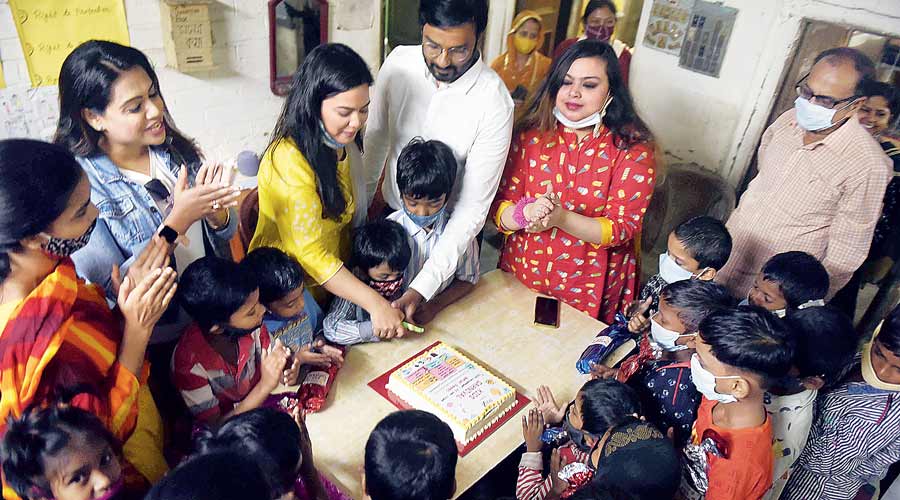Children in kindergarten and primary sections are lacking self-help skills, said teachers in several schools.
Self-help skills are tasks like packing their bags, opening their lunch box, eating and putting it back or drinking water from their bottle.
Usually by the time children are in Kindergarten or in Class I they already had two years of schooling either in a high school or a pre-school and are toilet trained or can manage some “exercises of daily life”.
But for two years these children were at home and there was no need to be trained in self-help skills. This came forth when they started physical classes.
When two and three-year-olds go to school, they do not just learn numbers or letters but skills of everyday life.
For example activities like waiting for your turn, putting the lunch box on the table and then opening it are things that children learn in school.
“At home when parents do it for the child, they deny the child the opportunity to learn,” said Hilda Peacock, director, Gems Akademia International School. “In school, nobody will do it for them but teach them. They watch others and learn.”
In at least one school when four-year-olds started school, a section of parents requested the school to allow them in diapers.
“In the last two years, parents were casual about these things,” said a Nursery teacher in a high school.
For the last two years, the children could attend only online lessons and much of the training in life’s skills were not looked into.
“Children as old as four or five years and some even when they are six are failing to indicate that they need to go to the washroom. Before the pandemic by the time they were three or three and a half years most of them were settled and also independent,” said Amita Prasad, director of Indus Valley World School.
Even if a child, who is six now, went to a pre-school when he or she was four he or she is out of practice or has forgotten the skills.
Sanjana Vakharia, director of Mongrace Montessori House, said in Montessori, children learn from peers or by observing older children which is part of their training on life skills.
“They learn how to open the tap, wash their hands, fold a mat and keep it which are part exercises of practical life. These skills make the transition from a Montessori to a high school a free-flowing experience.”
